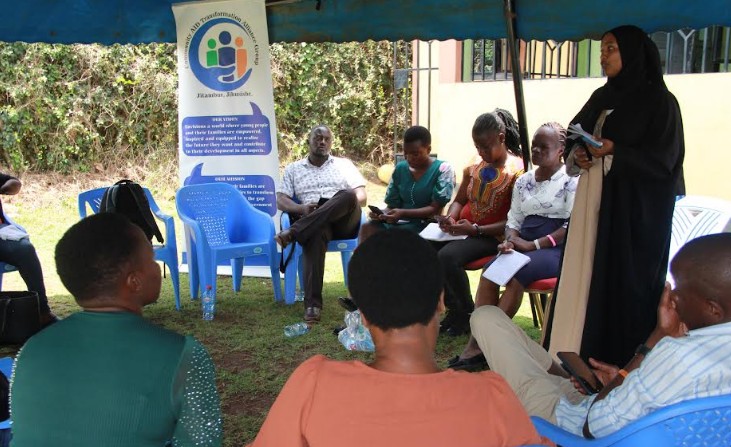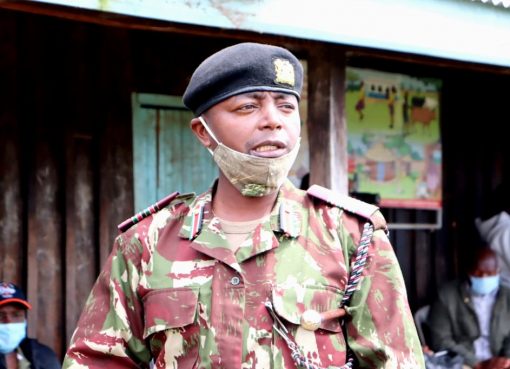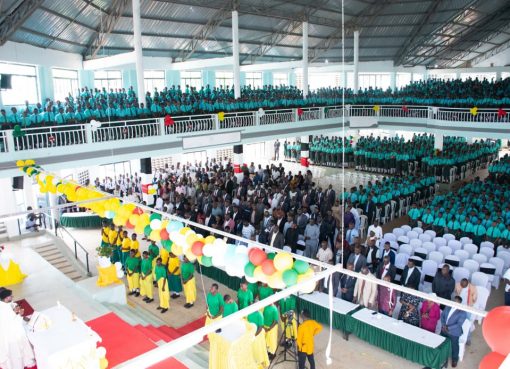Efforts to combat Sexual and Gender-Based Violence (SGBV) in Homa Bay face significant challenges due to the persistence of informal justice systems, commonly known as kangaroo courts.
According to the Community AID Transformation Alliance Group (CATAG) Programme Coordinator Basra Dahir, these informal systems often protect perpetrators while denying justice to victims.
“The main challenge in addressing GBV is the prevalence of kangaroo courts. Instead of cases being escalated to the judicial system, they are handled at the community level through private settlements, which are illegal. This creates a major barrier to justice for victims,” she said.
In response, CATAG is working to shift this narrative by advocating for formal legal processes and increasing community awareness.
Dahir said that her organisation strives to dismantle socio-cultural barriers that encourage out-of-court settlements for SGBV cases, preventing victims from seeking justice.
“We are engaging community gatekeepers in challenging these harmful norms and fostering open discussions about SGBV,” she noted.
The non-profit organisation has also been conducting extensive community sensitisation campaigns targeting key stakeholders, including healthcare providers, local administrators, and parents.
“We have leveraged on chiefs’ barazas weekly meetings to inform them about our work and raise awareness of the available GBV reporting platforms. Additionally, we are working closely with the children’s and education departments to promote positive parenting. Many issues, such as teenage pregnancies, stem from a lack of parental responsibility in discussing sexual health with our children,” explained Dahir.
To further empower the community, CATAG is educating residents about their rights, ways to protect children, and the different reporting mechanisms for GBV cases.
“We emphasise parental responsibility to build confidence in reporting cases of violence, as many parents hesitate to testify in court due to fear of social stigma or to protect their children. Our goal is to ensure victims know and utilise the available reporting channels,” Dahir added.
The coordinator emphasised that justice could only be served through formal judicial systems rather than informal settlements that prioritise reconciliation over accountability and reiterated that the organisation aimed at strengthening partnerships with police gender desks to improve response mechanisms and support systems for survivors.
Dahir encouraged men to also engage in open discussions about their struggles to foster a culture of accountability and support within communities.
Through these ongoing initiatives, CATAG aspires to challenge deeply rooted norms and ensure that victims of SGBV could access justice without fear or compromise.
By Sitna Omar




